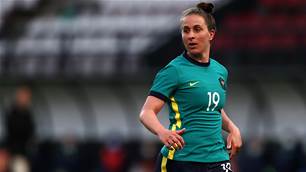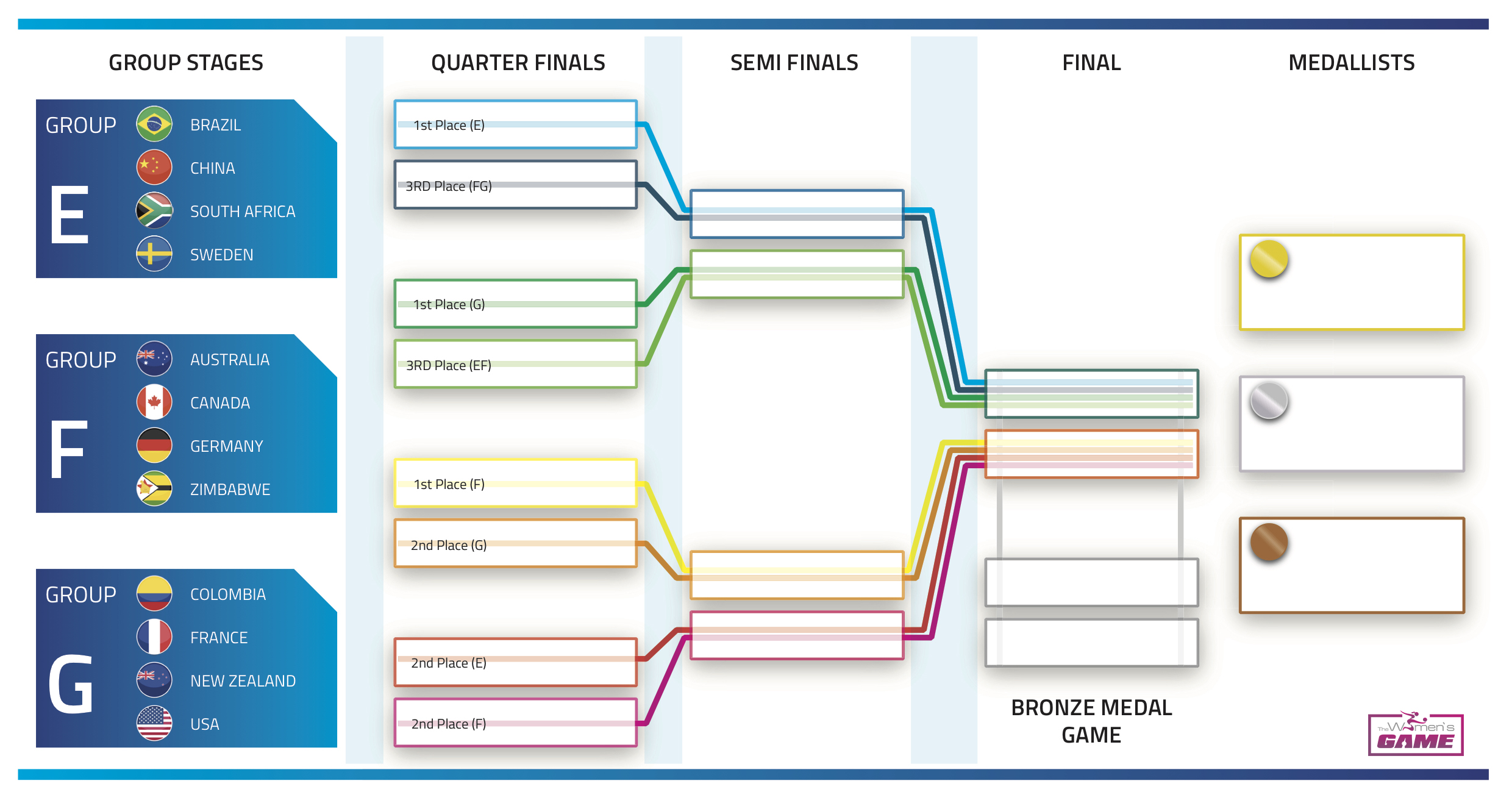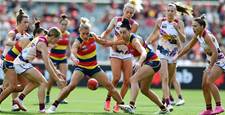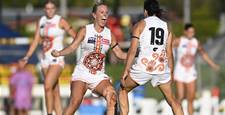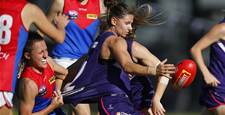The 2016 Rio Olympics are quickly approaching which means the next major women’s tournament will soon be here.
The 2016 Rio Olympics are quickly approaching which means the next major women’s tournament will soon be here. So when are the games, what teams are in the tournament, or where the teams are playing? We have the answer to all of these questions right here.
Football, along with gymnastics, are the only sports to start before the opening ceremony takes place. The women’s tournament will open play on August 3rd when Sweden takes on South Africa. The tournament will then conclude on August 19th with one team walking away as Olympic gold medalists.
The tournament is taking place across six Brazilian cities in seven different stadiums.
The Teams
https://twitter.com/TheWomensGame/status/720607878805983232
https://twitter.com/TheWomensGame/status/720608043226894336
https://twitter.com/TheWomensGame/status/720608190069547013
Only Brazil, Sweden and the United States have competed in all 6 editions of the Olympic Women's Football Tournament.
Format
The Olympic tournament is set up very similar to the World Cup, however instead of twenty-four teams there are twelve teams competing in the Olympics.
The twelve teams are divided into three groups (four teams in each group). The top two teams in each group will automatically qualify for the knockout round and the two best third place finishers will also move on. Thus, the knockout round will have eight teams.
The knockout round consists of quarterfinal matches and then semifinal matches. The winners of the semifinal matches will square off to see who will win silver and gold. The losers of the semifinal matches will compete for the bronze medal.
Roster Size
Each team will have eighteen players on their roster, which includes two goalkeepers and sixteen field players. Every team will also have four alternatives who will train and travel with the team, but they are not permitted to be available for games.
[MORE: Understanding the Olympic Roster Rules | Full Olympic Rosters]
Alternate players will only become a part of the eighteen player roster should another player sustain a significant injury. The alternates who are a part of the three teams that will medal will not receive a medal of their own.
Venues
All of the stadiums are located in Brasilia Time Zone (AEDT-13:00) besides the Amazônia Arena which is located in the Amazon Time Zone (AEDT-14:00).
The Final will be played at the famous Maracana, the same venue for the 2014 FIFA World Cup final.
- Amazônia Arena, Manaus. Capacity: 44,300. Matches: 2
- Fonte Nova Arena, Salvador. Capacity: 51,708. Matches: 3
- Mané Garrincha Stadium, Brasilia. Capacity: 72, 788. Matches: 3
- Mineirao, Belo Horizonte. Capacity: 61, 846. Matches: 6
- Corinthians Arena, São Paulo. Capacity: 49,205. Matches: 6
- Olympic Stadium, Rio De Janeiro. Capacity: 46, 931. Matches: 4
- Maracana, Rio De Janeiro. Capacity: 78,838. Matches: 2
Previous Medal Winners
(Gold, Silver, Bronze)
1996: USA, China, Norway
2000: Norway, USA, Germany
2004: USA, Brazil, Germany
2008: USA, Brazil, Germany
2012: USA, Japan, Canada
Related Articles

Aussies Abroad: Dub champions gutted, ribbons Raso on the move, and transfers, transfers, transfers

New FA Chief Football Officer to 'disrupt' Australian game
